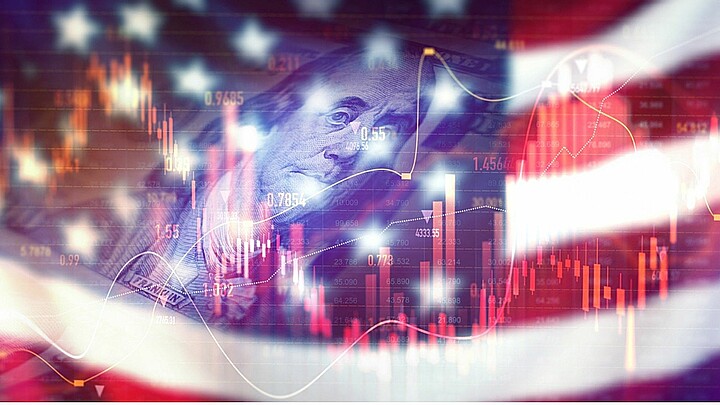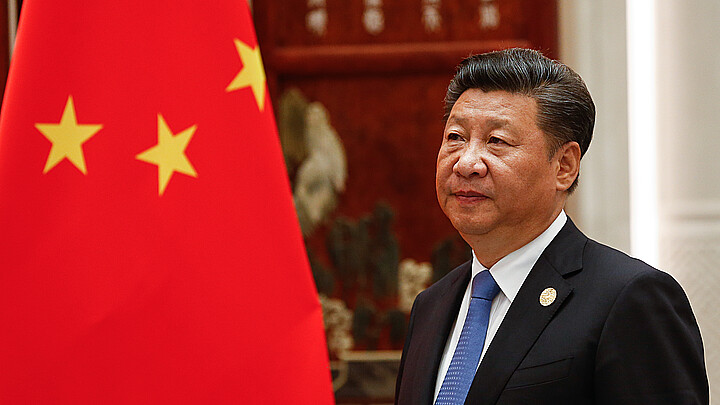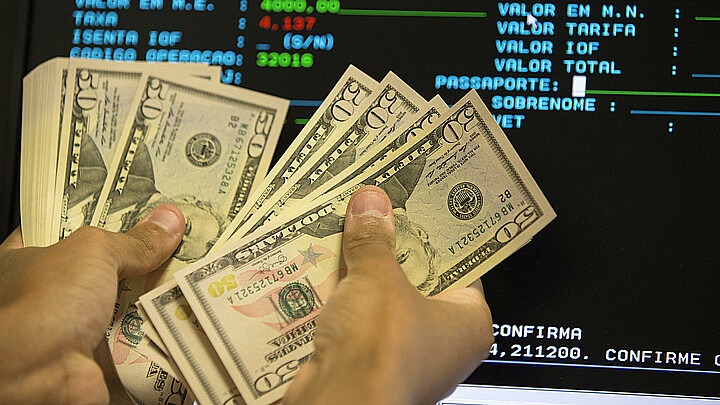Business
In Wisconsin, tax penalties from Biden student loan forgiveness
There are going to be a lot of costs for President Biden’s student loan forgiveness plan in Wisconsin
August 31, 2022 7:26am
Updated: August 31, 2022 10:09am
There are going to be a lot of costs for President Biden’s student loan forgiveness plan in Wisconsin.
C.J. Szafir, president and CEO of the Institute for Reforming Government, told The Center Square that taxpayers in the state are going to get hit twice under the plan.
“President Biden’s disregard for Wisconsin taxpayers knows no bounds. He is unfairly shifting the debt of select loan holders onto the backs of all taxpayers,” Szafir explained. “The roughly 70% of Wisconsinites that do not have a bachelor's degree are already fighting inflation and now because of Biden, will have to pay other people's student loans too.”
But asking people who didn’t go to college to pay for college loans for those who did is not the only taxpayer hit.
The Tax Foundation says Wisconsin is one of 13 states that will tax the loan cancellation credits.
Anyone who sees $10,000 of their loan canceled will be hit with a $530 tax bill.
“When these loans are ‘forgiven,’ the borrowers will be forced to pay hundreds of dollars in state income taxes – essentially penalizing them for the president’s reckless action,” Szafir explained. “Wisconsin taxpayers deserve better from its leaders and this latest campaign gimmick is about to have real-world consequences for far too many.”
Gov. Tony Evers’ office has asked the state’s Department of Revenue to “address the discrepancy” between state and federal law in the next state budget.
But lawmakers will likely have to vote to change Wisocnsin’s tax law. That won’t happen until at least early next year, if at all. Lawmakers wrapped up their business in Madison in the spring and won’t be back until January.
Rep. Adam Neylon, R-Pewaukee, told The Milwaukee Journal Sentinel that he doesn’t see the Republican-controlled Legislature embracing the idea.
"This might be the first tax break I'd oppose," Neylon told the paper.










